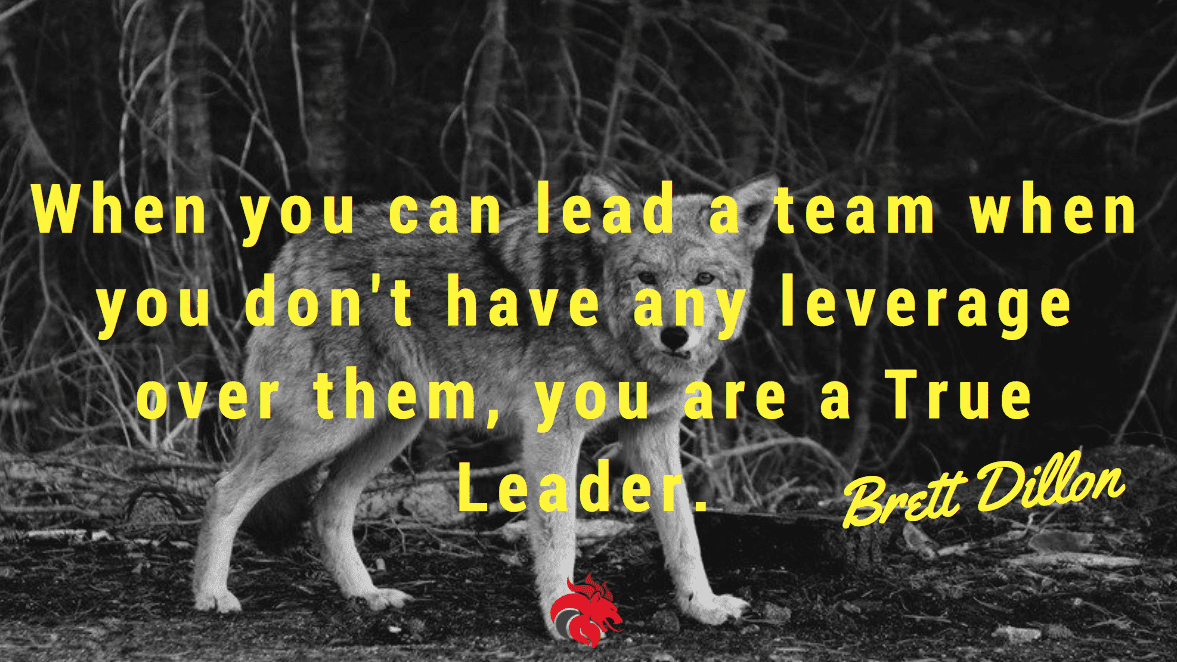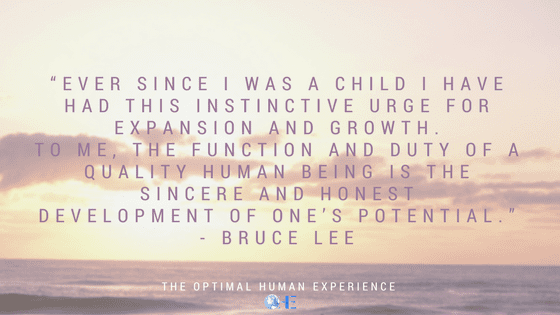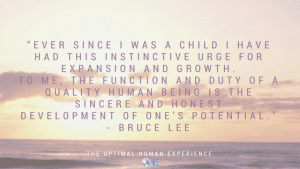We all have the ability to become more than we were yesterday. It doesn’t always start with a massive change, in fact, that might hinder your development if you can’t maintain your self-discipline. Instead, consider small things at first before moving to larger goals.
In my personal life I hit an all-time high weight of 250 pounds. When I finally decided to change my life, I told myself I’d go to the gym every day until I got down to a healthier weight. The first week I started working out, I went to the gym one time. I ran for five minutes and walked for another twenty minutes. The next day, feeling sore and out of it, I decided to give myself a break. Then I did the same thing the next day- because work made me tired. By the end of the first week, I felt like a failure. I set a goal to get healthy by going to the gym every day…but I didn’t even go after that first time. I sat at home.
The issue was I had set too high of a goal. How can you expect someone to go to the gym every day out of the blue if they’ve been sedentary for most of their lives? In fact, pressuring myself to go every day had a negative effect on my self-esteem. I couldn’t hold myself to my goal, I’m weak, I’m terrible. But I realized that the goal was too much for me, considering where I was starting. Instead I went twice a week. I got myself to run for ten minutes each time. Then fifteen. Then twenty. I started to use some machines to change things up. Then I added another day. And another, until I was going four to five times a week. By the end of the year I had lost 70 pounds and weighed as much as I did in high school.
What I gained from this physical development was more than the ability to run further and faster, or pick heavier things up. I had practiced something I preached most of my life – that if you put your mind to something, you can achieve it (within reason). That part of my journey did something more than get me healthier. I strengthened my self-discipline, which motivated me to go to the gym even when tired and I wanted to sit down. I overcame doubt, because holy cow- I lost all that weight and reached a goal.
Above all: it strengthened my character. I knew I could fail each time I went to the gym, but in the end I was able to do what I set out to do. My journey started with failure, and ended with success. Remember, oftentimes what you do is actually a component of the real development. You might set a goal to read one book a month. But what do you learn from doing that? Self-discipline, time management, and, as a benefit, you’ve learned something from the book.
So what are some ways to develop yourself?
1) Learn a Language
Most of us dream about learning fifty languages and talking to people all over the world. Nowadays we have these devices that let us reach out to people through the Internet across the world. You don’t need the latest copy of Rosetta Stone- you can download a free app called Duolingo.
What I like about it, besides being free, is the broad spectrum of languages you can learn. Spanish, German, French, Polish, and plenty more are on the menu for native English speakers. Beyond that, you don’t have to be “serious” about learning the language. You can spend five minutes a day picking up small, usable phrases and words. Like I said above- what you do to develop yourself is often a component of the real development. With this app, you can pick up parts of a language- but it keeps you doing something different. You become disciplined because you want to spend that five minutes learning something. In the end, you’ll likely take more time to learn the language, and that can open up more personal and professional opportunities.
2) Read a Book
I mentioned this above, but I’d like to narrow the focus some more. I don’t suggest you read every book you come across that sounds interesting. You might wind up in a spiral of reading more and more low-quality, self-published books. They repeat the same story and characters using different names.
Read books that challenge your comprehension or develop your understanding of different topics. You can sit down with a book you’ve been wanting to read for ages. If you set a goal to read a book a month, you might want to select that book based on how it can develop you. Some suggestions for books include the following:
- 21 Irrefutable Laws of Leadership by John C. Maxwell
- The Richest Man in Babylon by George Samuel Clason
- Mindset by Carol S. Dweck
- Daring Greatly by Brené Brown
- Focus by Daniel Goleman
- 7 Habits of Highly Effective People by Stephen Covey
- Perfectly Reasonable Deviations from the Beaten Track by Richard P. Feynman
- Our Magnificent Bastard Tongue by John McWhorter
- Play by Stuart Brown with Christopher Vaughan
- Tribes by Seth Godin
- Grit by Angela Duckworth
- Flow by Mihaly Csikszentmihalyi
- Stumbling on Happiness by Daniel Gilbert
Just remember to take handwritten notes on important things in the book you’re reading. This helps you recall things you’ve read better. Happy reading!
3) Hire a Coach
There’s a difference between a trainer and a coach. A trainer will give you answers, and tell you what to do. They’re Moses coming from the mountain with laws to follow. A coach will ask you questions, and help you find the answers yourself. This will lead to a point where you can take charge of your own development and no longer need a coach. It seems counter-intuitive to develop your clients to a point they don’t need your services, but a real coach cares about helping you become self-sufficient.
If you’re in need of a leadership coach, Optimal Human Experience can help you. Contact us today for more information on our coaching practice!
Written by Connor Dillon, Graphic by Ora Cevallos




